- No. 2 Street 623D, Phuoc Long B Ward, Thu Duc City, HCMC, Vietnam
- Admin@CTCinternimex.com
Understanding AFI Standards In The Cashew Industry
In an era of strong globalization, Vietnam's agricultural sector in general, and the cashew industry in particular, face both significant opportunities and challenges. To assert their position and conquer demanding markets, adherence to international quality standards is a prerequisite. Among these, the AFI (Association of Food Industries) Standard stands out as a "gold standard," not only shaping global cashew quality but also providing a superior competitive advantage for Vietnamese producers and exporters.
What is AFI? Unraveling the "Benchmark" of the International Cashew Industry
AFI stands for the Association of Food Industries, a non-profit trade organization headquartered in the United States. Since its establishment in 1906, AFI has played a crucial role in setting guidelines and standards for the food industry, especially for products imported into the U.S. market. For cashews, AFI has developed a comprehensive set of technical specifications. While not a legally binding government regulation, it has become a widely recognized and voluntarily adopted benchmark globally.
The primary objectives of the AFI Standard are:
- Harmonize Trade Language: To create a common system for classification, definitions, and quality requirements, helping parties in international trade understand and align on product specifications.
- Ensure Quality and Safety: To set specific criteria for sensory, physical, and hygienic quality, contributing to consumer protection and product reputation.
- Promote Fair Trade: To minimize the risk of quality disputes, fostering a transparent and efficient business environment.
Strategic Importance of the AFI Standard for Vietnamese Cashews
As one of the world's leading cashew exporters, for Vietnam, adhering to the AFI Standard is not just an option but a key strategy to:
- Expand and Penetrate High-End Markets: Major markets like the U.S., Europe, and Japan demand very high quality. Meeting AFI standards serves as an effective "passport," helping Vietnamese businesses easily access large importers, processors, and retailers, thereby expanding distribution channels.
- Increase Product Value and Profitability: AFI-compliant cashews are highly valued for their consistent quality, fewer defects, and ability to meet stringent requirements. This often translates to better pricing in the international market, contributing to increased revenue and profit margins for businesses.
- Build Reputation and National Brand: When Vietnamese cashew products consistently meet international standards like AFI, the image of "high-quality Vietnamese cashews" is strengthened. This builds strong trust from global partners and consumers, enhancing the overall competitiveness of the industry.
- Optimize Supply Chain and Production Processes: To achieve AFI compliance, businesses must invest in technology, implement strict quality control from raw materials to finished products, thereby improving efficiency and reducing product defect risks.
- Mitigate Trade Disputes: Clear regulations on defect tolerances, moisture content, and other criteria ensure smoother transactions, reducing the likelihood of quality-related disputes between buyers and sellers.
In-Depth Analysis of Core Elements in the AFI Standard for Cashew Kernels
The AFI Standard for Cashew Kernels is highly detailed, encompassing the following key aspects:
Grading & Classification:
- Classification by Size and Shape: This is the most crucial factor. AFI classifies cashews into various grades based on the proportion of whole kernels (Wholes), broken kernels (Butts, Splits, Pieces), and kernel size (number of kernels per pound – lb).
- Wholes (W): Kernels that are at least 7/8 of the original whole kernel.
- W180 (Super Jumbo): Approximately 170-180 kernels/lb.
- W210 (Jumbo): Approximately 200-210 kernels/lb.
- W240: Approximately 220-240 kernels/lb.
- W320 (Standard Grade): Approximately 300-320 kernels/lb. (Most common)
- W450: Approximately 400-450 kernels/lb.
- W500: Approximately 450-500 kernels/lb.
- Butts (B): Kernels broken crosswise, still retaining at least 3/8 of the original kernel.
- Splits (S): Kernels broken lengthwise.
- Pieces (P): Smaller broken pieces, often classified by size (Large Pieces, Small Pieces, Baby Pieces).
- Wholes (W): Kernels that are at least 7/8 of the original whole kernel.
- Classification by Color & Quality:
- First Quality Fancy (F): Kernels with a uniform white, pale ivory, or pale yellow color, free from stains or scorch marks.
- Second Quality Scorched (SW): Kernels with a deeper yellow, light brown, or deep ivory color due to roasting/drying but still whole.
- Third Quality Lightly Blemished (LB): Kernels with a few small spots or slight scorch marks.
- Fourth Quality Dessert (D): Darker colored kernels with more defects, typically used for further processing.
- Defect Tolerances: Each cashew grade has permissible tolerances for the percentage of off-color kernels, broken kernels, insect damage, or foreign matter. For example, for W320 Fancy, the percentage of broken/defective kernels is very strictly controlled.
Sensory & Physical Attributes:
- Moisture Content: This is extremely important, typically required to be between 3% - 5% (by AOAC method). Too high moisture leads to mold, while too low makes the kernels brittle.
- Flavor & Odor: Cashew kernels must have a characteristic, natural flavor, free from off-flavors, rancidity, mustiness, or chemical odors.
- Extraneous Matter: There should be no foreign matter such as insects, mold, dirt, shell fragments, metal, hair, or any other foreign objects.
- Texture: Cashew kernels must be crisp, not hard or rubbery.
- Clumping Condition: For vacuum-packed products, kernels must remain loose and not form hard clumps that cannot be separated by hand.
Packaging & Labeling Requirements:
- Packaging Materials: Must be new, clean, dry, odorless, non-toxic, and capable of providing moisture and insect resistance (e.g., vacuum bags, thick PE liners).
- Cartons: Must meet minimum burst strength standards (e.g., 200 lb Test or 32 ECT).
- Protective Gas: If CO2 gas is used, it must be food-grade CO2, with a minimum of 60% CO2 (the rest being Nitrogen) to inhibit microbial and insect growth.
- Labeling Information: Clear, complete, and accurate on each carton/package, including:
- Product name and grade (e.g., Cashew Kernels, W320, Fancy).
- Name and address of manufacturer/packer/importer.
- Net & Gross Weight.
- Country of Origin.
- Lot Number or product code.
- Production Date & Best Before Date.
- Allergen Information as per import country regulations.
- Buyer's specific information or markings.
Development Orientation for the Vietnamese Cashew Industry Based on AFI Standards
To maintain its leading position and continue sustainable development, the Vietnamese cashew industry needs to persist in:
- Investing in Processing Technology: Upgrading production lines and applying advanced technologies to minimize the percentage of broken or defective kernels and ensure consistent quality.
- Strict Quality Control: From raw material procurement to processing, packaging, and storage, implement quality management systems such as ISO, HACCP, BRC, in parallel with AFI compliance.
- Human Resource Training: Enhance the professional skills of technical staff and workers to understand and correctly apply quality standards.
- Information Transparency: Establish a clear traceability system, providing complete and accurate product information.
- Value Chain Collaboration: Strengthen linkages among farmers, processing plants, and exporters to optimize quality from the source.
The AFI Standard is not just a set of technical regulations but also a guiding principle for the sustainable development of the global cashew industry. For Vietnam, mastering and applying this standard is a core factor for Vietnamese cashews to assert their brand, win the trust of international consumers, and continue to thrive on the global agricultural map. This journey demands continuous effort, but it will undoubtedly yield well-deserved rewards.
Read more:
CTC International Import Export Joint Stock Company (CTC Internimex JSC) is a company specializing in the processing, production, and export of agricultural and forestry products from Vietnam to all over the world.
With nearly 20 years of experience in manufacturing and trading, we are committed to providing you with:
- The best quality products to meet all technical requirements.
- Quality assurance as per your requirements, with third-party inspections by SGS, Vinacontrol, Intertek, etc.
- The best prices.
- Optimized transportation costs and safe cargo through the use of reliable and experienced freight forwarders.
- Diverse shipping methods (EXW, FOB, CNF, CIF, DDP, etc.)
- Various payment methods (TT, L/C, etc.)
👉👉 We update the prices of various agricultural products every Monday.
You can refer to them at this link: Vietnam Agri-Exports: Weekly Price Updates
*** If you need to learn more about any specific product, please contact us right away. We are ready to assist you whenever you need us.
✨Big Promotion From Ctc Internimex Jsc For You 🌏✨
Partner With Ctc Internimex Jsc And Receive Even More Special Offers:
🍀 Free Sample
🍀 We Will Help You Get Import Tax Exemption
🍀 Oem Processing / Custom Design
🍀 Cheap Shipping👉👉 More details here: Big promotion from CTC internimex JSC for you
Contact our team of experts today for assistance with product information, competitive pricing, and logistics solutions for Vietnamese agricultural products.
Contact Information:
- Head office: No. 2 Street 623D, Phuoc Long B Ward, Thu Duc City, HCMC, Vietnam
- Hotline/WhatsApp: (+84) 944 772 339 / (+84) 393 887 377
- Email: Admin@CTCinternimex.com
- Search on Google Maps: Here
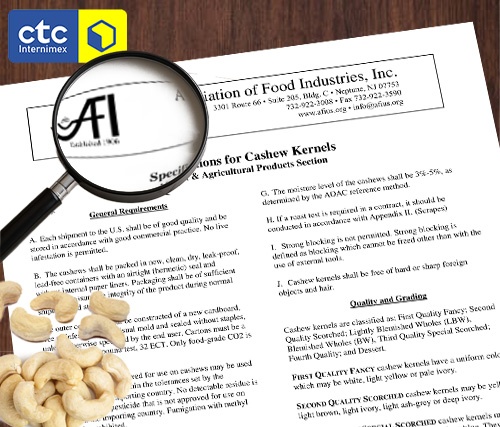 Understanding AFI Standards In The Cashew Industry
Understanding AFI Standards In The Cashew Industry
Are you seeking international business partnership opportunities with unprecedented benefits? CTC Internimex JSC, your trusted partner in Vietnam, presents a special promotion designed to help you optimize costs and expand your market effectively.
Chia sẻ:


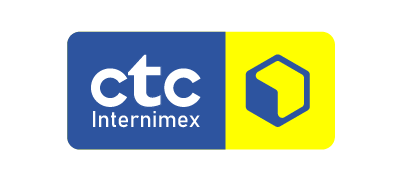

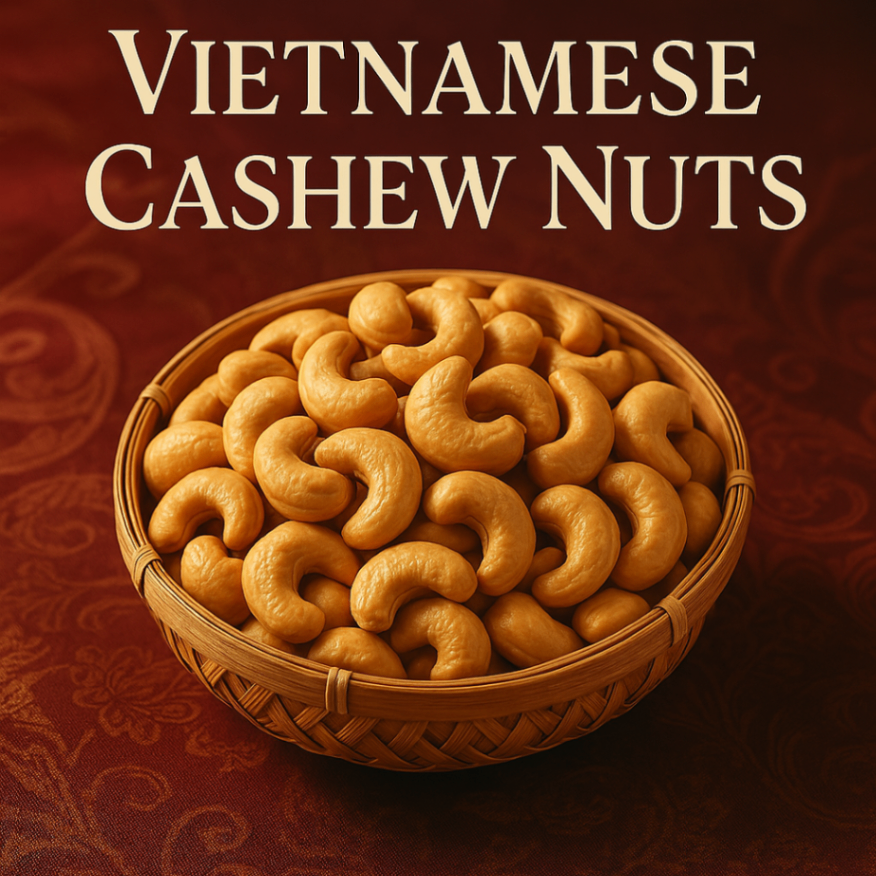


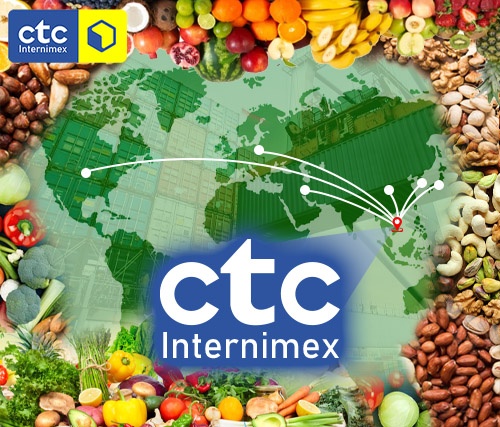
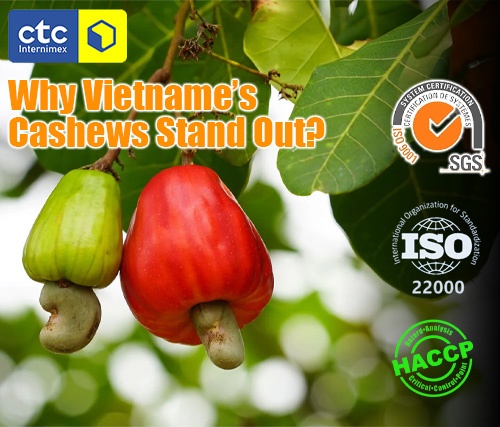




Comment